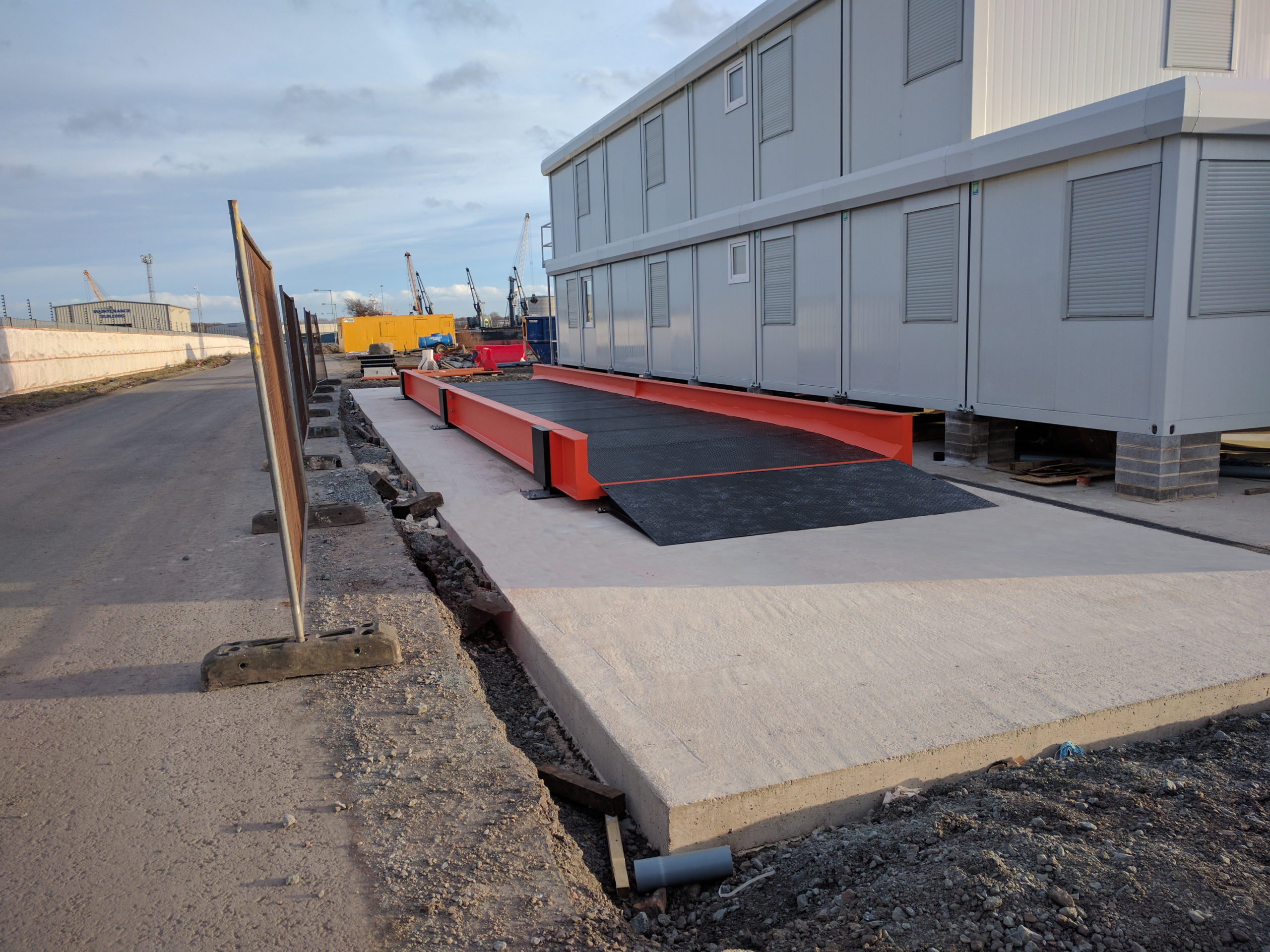

Weighbridges are primarily utilised in business-to-business transactions whereby two or more parties are interested in establishing the weight of goods for the purposes of billing or charging a fee. For example, purchase of aggregates, crops, animals, feeds, or chemicals or determination of moisture content for drying or mass for transport and disposal. There are some occasions where weighbridges can be used for domestic purposes such as the weighing of caravans, towing vehicles and campers to ensure the weight does not exceed legal limits.
Weighbridges and Accuracy
There are multiple reasons why weighbridges are required. Businesses that depend on reliable weight measurements to charge customers, could be overcharging or undercharging if not using a weighbridge. Overcharging a customer could leave them unsatisfied, possibly resulting in costly litigation. On the other hand, undercharging would result in loss of profit for your business. Businesses involved the transportation of bulk goods benefit from the use of a weighbridge to ensure the best utilisation of their vehicles by maximising the load whilst keeping within legal weight limits. Overloading a vehicle due to a weighbridge error could not only result in a heavy fine but it can adversely affect your operator compliance risk score. All of these factors are easily avoidable with the use of an accurate weighbridge.
Calibration
Weighbridge calibration is important to ensure the accuracy of your weighbridge. The process involves placing a known weight on the weighbridge to ensure it is reading correctly even when you move the load around on the plate e.g. from one end to the other. After verification, routine weighbridge calibration is not a legal requirement, however, we do recommend that you have your weighbridge calibrated periodically on a frequency in line with the risks associated with your business. Without that, you might not be aware if your weighbridge is weighing accurately enough which as explained could give rise to unnecessary costs. Getting help from an experienced technician is a good way to ensure the accuracy of your weighbridge. If you want peace of mind and need a calibration service, you can enquire more about what we do here and book your expert today.
Case Study
An independent aggregates company was knowingly selling over their weighbridge which was weighing light by 100kg per full load. At £25 per tonne, the perceived value of the stone
that they were giving away was very low so they decided the spend on a weighbridge service was not justified as this seemed like a costly exercise. After some time, the issue was forgotten about, and the business ramped up. Eighteen months later they were visited by a weighing company rep who pointed out that their error was a costly one with some
simple calculations: The error is exacerbated by the double weighing of vehicles to obtain the tare weight so while they thought they were giving away 100kg per load it was actually 150kg. Multiplied by the number of loads per annum it was calculated that in the 18 months they had given away over three thousand eight hundred tonnes of material worth over £96K, additionally, the transport of this material equated to 152 loads which at an average of £200 each contributed to a further £30k loss.
On this occasion, the company only had themselves to blame, however, its not uncommon for these types of errors to go unnoticed and if you consider that some crops or compounds can be valued at £500 or more per tonne then you can easily see the case for ensuring that your weighbridge is accurate.
